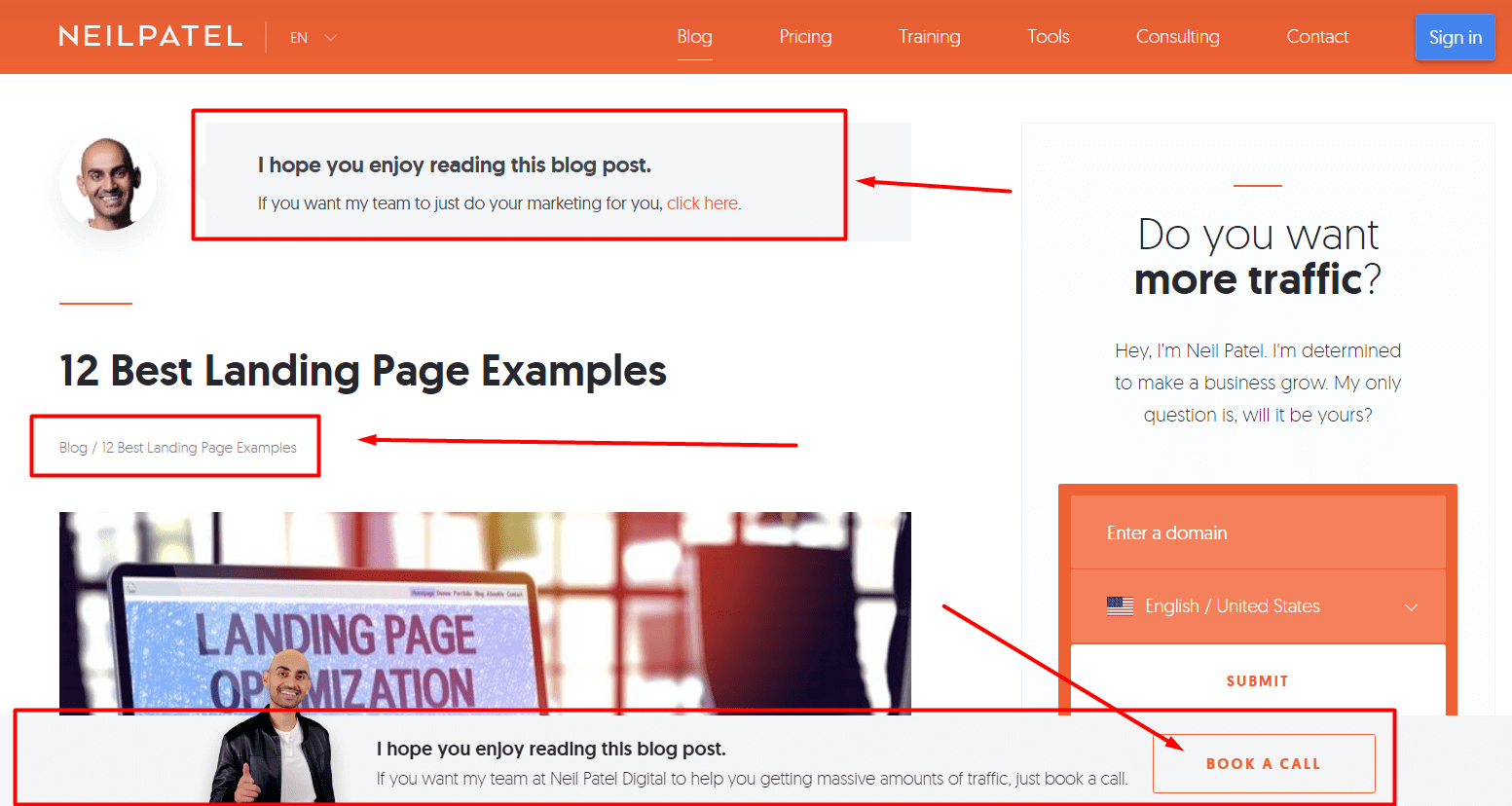Updating your website or planning a new one? Understand your needs before you start by answering the questions on this 32-point website requirements questionnaire. Knowing your needs first will save money and give you better results.
If you are planning to design your first website or are redesigning an existing site, the potential cost is likely to be at the top of your mind. You want an attractive site, but have to watch your budget, too. How should you proceed?
Whether your website will be simple or complex, you can keep costs down and get your website up and running much more quickly by defining the purpose and scope of the project before you look for a web designer or developer. The list below contains a series of questions you should answer to define your needs, expectations, and requirement. Answering them should be the first step you take to start your website design project.
Website Requirements Questions
- Who do you want to use the web site? (ie, retail customers, distributors, clients for your service business or profession?)
- What purpose(s) will the website serve? Do you simply want prospects and customers to see your phone number and call you as a result? Do you want to capture any leads (names, addresses, phone numbers online? Will you sell any products or services directly from the website? Do you need to deliver downloadable products? Write down everything you want to accomplish, then arrange your list in order of priority.
- What capabilities (ordering, database, audio, video, etc.) will you need?
- If you’ll be selling products online, will you want the shopping cart to have cross-sell and up-sell capabilities (to get people to add to their orders or to buy a higher-priced item?)
- How many different types of items will you sell in on your e-commerce site?
- Do you have a merchant account that will let you accept credit cards online? (If you have a merchant account for your bricks and mortar store, you need to check with the provider – you may need a different account to sell online.) Or will you be using the merchant services offered by a cloud-based storefront?
- Will items you sell come in various sizes and colors?
- How will you coordinate web sales with inventory and order fulfillment?
- How often will you want to update the content or products on the web site?
- Who will do the updates? Do you want to do them yourself or have one of your staff make updates? Or will you expect the web developer to make them?
- Will you need a web developer to customize or write original code to make the website function?
- Will the company that builds the website need to design it as well as set up the pages on the web? Or will you be able to choose a ready-made template (such as a WordPress template) for the design?
- Do you have an existing logo that needs to be incorporated into the website design? If so, do you have the original graphics you can provide to the web developer?
- If you don’t have a logo, who will be creating it? Will you use a logo creation service or have the web designer or a graphic artist create it?
- Do you have color needs or preferences for the website?
- What kinds of website designs look attractive to you. (Make a list of websites URLs you’ve visited and find appealing from a design point of view)
- Will you want to capture website visitors’ names to send them email in the future?
- Who will write the words (copy) that appears on the pages on your site?
- Is the copy available now? If not, when will it be written and approved?
- What graphics (photos or drawings) will need to be on the site?
- Where will those graphics come from?
- Who will do search engine optimization (SEO)?
- Can you give the person who will be handling SEO a list of keywords and phrases that your customers are likely to look for to find your product or service on the web?
- How will you market the website to get visitors to the website?
- Who will do the marketing?
- What will it cost to market and promote the website?
- How many sales or leads will you need to break even?
- What will it cost to update the site?
- Will you have to hire employees before you can make the website live? If so, when will those people be hired?
- How will you measure the success of your website?
- How much money are you budgeting for website development?
- By what date do you want the website finished and turned live on the web?
Write down the answers to all of these questions, being as specific as possible. Doing so will help you see and schedule tasks you’ll need to perform (such as deciding what copy you want on the pages).
When you are ready to seek price quotes, incorporate the information into your request for quotes. This will ensure you provide the same information to all developers, so they’re all bidding on the same thing and incorporating the same features in the bids they prepare for you.
For additional help, visit our web design tips page.





